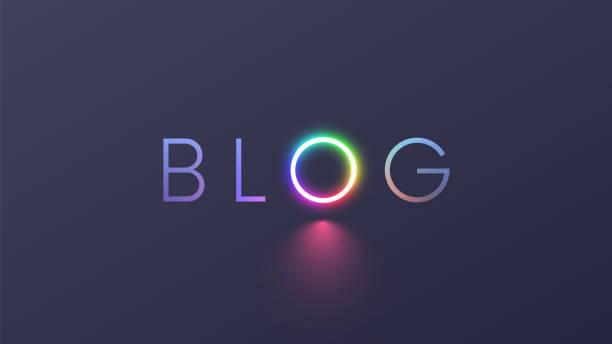The Hidden Dangers of AI-Generated Content

### The Hidden Dangers of AI-Generated Content
In recent years, artificial intelligence (AI) has transformed the content creation landscape. From writing blog posts and social media updates to producing entire news articles, AI has become a valuable tool for marketers, journalists, and businesses alike. Its appeal lies in the ability to quickly generate large volumes of content, often indistinguishable from human-written material. While AI-generated content may seem like an ideal solution for those looking to scale their digital presence, there are hidden dangers that come with its widespread use.
#### 1. **Lack of Authenticity and Connection**
AI lacks the ability to understand human emotions, intentions, and nuances. As a result, the content it produces often feels hollow or inauthentic. It can mimic human language patterns, but it cannot capture the subtleties that come from personal experience, creativity, and emotional intelligence. When businesses rely too heavily on AI for content creation, they risk losing the genuine connection that comes from human interaction. Audiences are quick to recognize generic, formulaic content, and over time, this can erode trust and loyalty.
#### 2. **Bias in Algorithms**
AI systems are trained on vast datasets, which can include both good and bad information. Unfortunately, many of these datasets contain inherent biases that AI may unknowingly replicate in its content. For example, AI can unintentionally reinforce stereotypes, exclude certain groups, or present information in a biased way. These biases can lead to problematic or even harmful content, damaging a brand’s reputation and alienating audiences.
#### 3. **Potential for Misinformation**
AI-generated content can contribute to the spread of misinformation. AI systems lack the critical thinking skills required to verify facts or assess the quality of sources. This makes it possible for AI to produce false or misleading information, especially when relying on outdated or inaccurate data. In the fast-paced digital world, where content is consumed and shared rapidly, AI-generated misinformation can have significant consequences, both for public discourse and for businesses’ credibility.
#### 4. **Ethical and Legal Concerns**
The rise of AI-generated content raises ethical questions about authorship, intellectual property, and transparency. When AI produces content, who owns the rights to it? Can it be considered original work? Additionally, there are concerns about transparency. Many users are unaware when they are interacting with AI-generated material, which can feel deceptive. Some regulatory bodies are already exploring the need for clear labeling of AI content, and businesses could face legal challenges if they fail to disclose the use of AI in their marketing or communication strategies.
#### 5. **Over-reliance Can Hinder Creativity**
One of the biggest risks of AI content generation is that it can stifle human creativity. The convenience of AI may lead businesses to produce more content but with less originality and innovative thinking. Content that relies too heavily on AI-generated templates or patterns may fail to stand out, resulting in a sea of repetitive and uninspired material. This over-reliance on AI could limit the development of fresh ideas and creativity, which are crucial for businesses to differentiate themselves in competitive markets.
#### 6. **Job Displacement**
AI’s increasing role in content creation has raised concerns about the future of jobs in creative industries. Writers, editors, designers, and other content creators could find their roles diminished or outsourced to machines. While AI can assist with routine tasks, it cannot replace the strategic thinking, storytelling, and emotional resonance that human creators bring to their work. The displacement of creative jobs poses significant challenges for individuals and industries alike, as it raises questions about the future of work and the skills needed in an AI-driven economy.
### Conclusion
AI-generated content offers undeniable advantages in terms of speed and scalability, but the hidden dangers cannot be overlooked. From issues of authenticity and bias to the potential spread of misinformation and ethical concerns, businesses must be cautious about how they incorporate AI into their content strategies. A balanced approach that combines the efficiency of AI with the creativity and emotional intelligence of human content creators is key to avoiding these pitfalls while maximizing the benefits of AI technology.
Post Your Ad Here
Comments